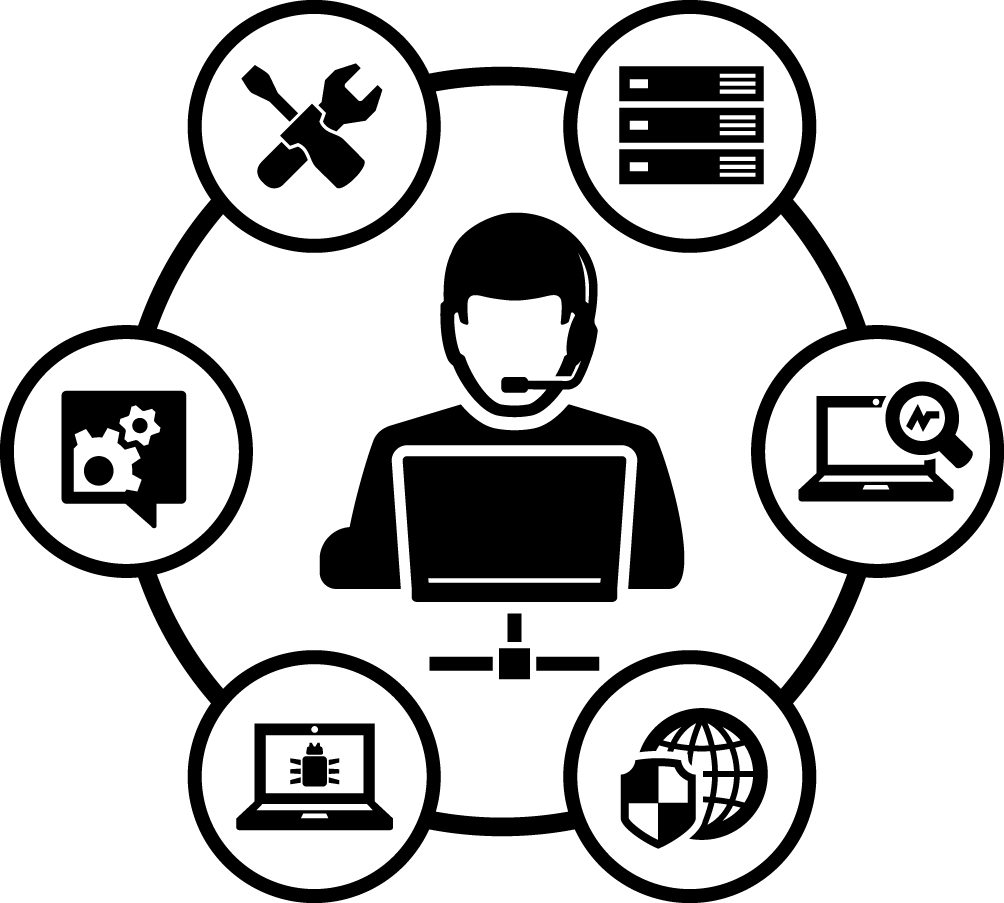There are two kinds of WordPress users—those who have lost their site and those who will. If you own a website, then you are sure to hit this situation at some point. Why, you ask? The most common causes are host failures, hacks, software issues during upgrades, or plain human error.
Here are 10 important factors to keep in mind while choosing your WordPress backup solution.
1. Automatic Backup
If your backup solution involves spending hours copying your files and database to a safe location, you’re in trouble. This approach is fraught with problems. Apart from being time consuming, manual backup is simply too easy to forget to do. Instead, you should choose a backup solution that will automatically schedule backups for you. This can be done daily, weekly, or monthly—based on the type of site.
2. Easy to Use
A good WordPress backup solution brings features such as restore, migration, on demand backup, and so on. To perform any of these tasks—like restoring your site for example—it will only take a few clicks. Even a novice WordPress user can easily complete a complex task like migrating to a new host just in a few minutes. Compare this to the manual method—where you would have to transfer the files, import/export your database, and rewrite URLs by hand—which is complicated and error prone.
3. Offsite Backup
Some backup plugins store your backups within the wp-content folder of your WordPress install. But if your site goes down, you’ll end up losing all of your backups too. This defeats the purpose of having a backup in the first place!
A good backup solution must support offsite backups where these backups are stored safely in a location that is different from your site. The backups should be maintained on multiple servers to ensure redundancy. Cloud storage is considered one of the robust and convenient methods of storing data today. So having your site backed up to Amazon S3 or Dropbox gives a definitive edge to your backup solution.
4. Security
A backup has access to your site and thus your entire content—so security is obviously a big concern! Even if you trust your backup provider entirely, your backup must be protected from hackers. A good backup provider always encrypts your content before storing it on its servers. In the case of a hack, you still have another layer of protection for your backups.
Another important factor is to have a backup service that is independent of your site. If your site is compromised, your backups will still be safe. Many people believe that using cloud services such as Amazon S3 and directly backing up data into your account is a good approach. But that couldn’t be farther from the truth. Including your secret/access keys on your site can put you at a risk. If a hacker breaks into your site, your entire account will be compromised.
5. Auto Restore
A backup is only as good as its restore. A good restore mechanism will go a long way in saving time. When you’re in the middle of a site outage, a good backup provider can restore your site back to its full glory in a matter of minutes. On the other hand, if your provider doesn’t support this feature, you have to copy the files manually to your server and import the database. And you have to manage to do this when you are already in a state of panic. So, give yourself a break and choose a backup which automatically restores your backup.
6. Support
Having a good support team is the key to a great product. Many plugins, especially the free ones, only have forums where you can post your queries. This means having to just wait around for a response with your fingers crossed, which can be quite stressful when you have a very important issue at hand!
So, you should always pick a solution that includes personalized support with email, chat, or phone. This will ensure that all your issues are addressed immediately, and you will have peace of mind knowing someone out there is working hard to keep your site safe.
Now, apart from the must-have features listed above, you could also, additionally, look for the ones listed below. Though not used as often, they may be important for some businesses. If nothing else, your knowledge will convey a strong message to your backup provider that you are an informed customer.
7. Migration
There may be times when you want to move to a better host or a new domain. Designers often use migration to switch between staging and live environments for ongoing development work. Whatever the intent, migration is a daunting task for anyone. Many WordPress backup providers make this complex process a piece of cake by completely automating it. If migration is something you have to consider at some point, make sure you pick a provider that supports this feature.
8. Test Restore
To err is human. You would know this if you are a WordPress user. We have accidentally deleted files. We have upgraded WordPress to the latest version, only to find that one of the plugins is incompatible. Some of us have even dabbled with code and ended up breaking our sites. The worst “gotcha” is when you think you’re backup-ready only to find out later that the backup doesn’t work.
With this feature, you can test your backup and ensure that it really works. Besides that, the test restore feature can be used to verify the integrity of a backup. Test restore temporarily restores the site with a specific backup and ensure it works fine before deploying it to your site. If you one such WordPress user, then look for this feature in your backup solution. It can be a real life saver for you.
9. Backup for Large Sites
While most backup providers work for small sites, the large ones require special handling. If your backup provider performs a complete backup every time, you can get into some serious trouble. Such a backup process can load the server and slow your site down. Since backing up large sites may take hours, your site may remain in the slow state for a long period of time.
Some premier backup solutions adopt an incremental approach to backup where only parts of the site that have changed are backed up. This is the most intelligent way of doing backup for large sites. There is no load on the server and the backup is completed quickly.
10. Real-time Backup
Many WordPress backup solutions only work when they’re scheduled or on demand. But what if your site were to crash towards the end of the day and the last backup only ran the previous night? Almost the entire day’s work is at risk here. More frequent backups are very important for sites that have constant activity. It could be a news site updating its reports every few hours, an online store where orders are frequently placed, or an enthusiastic blogger posting many articles in a day. It is important in such cases to not rely on just one backup.
The best backup solution for such sites is real-time backup. With real-time backup, every change is backed up immediately. There are no backup schedules and your entire site content is backed up and ready for your use at any time.
Conclusion
There you have it! The 10 key features to look out for in a backup solution. There are many free (BackUpWordPress, xCloner, BackWPup, Online Backup, WP Complete Backup) and premium (VaultPress, blogVault, BackupBuddy, UpdraftPlus) options available for you. Just make sure to pick the one that’s right for your business, and you can put an end to your data loss worries!
What is your backup solution and how did you come to decide on it?
 Shylaja leads the marketing at blogVault, a premium WordPress backup service. Prior to this, she was a hardcore software programmer for over 10 years. When not working, you’ll find her experimenting in the kitchen or exploring new places.
Shylaja leads the marketing at blogVault, a premium WordPress backup service. Prior to this, she was a hardcore software programmer for over 10 years. When not working, you’ll find her experimenting in the kitchen or exploring new places.






1 Comment